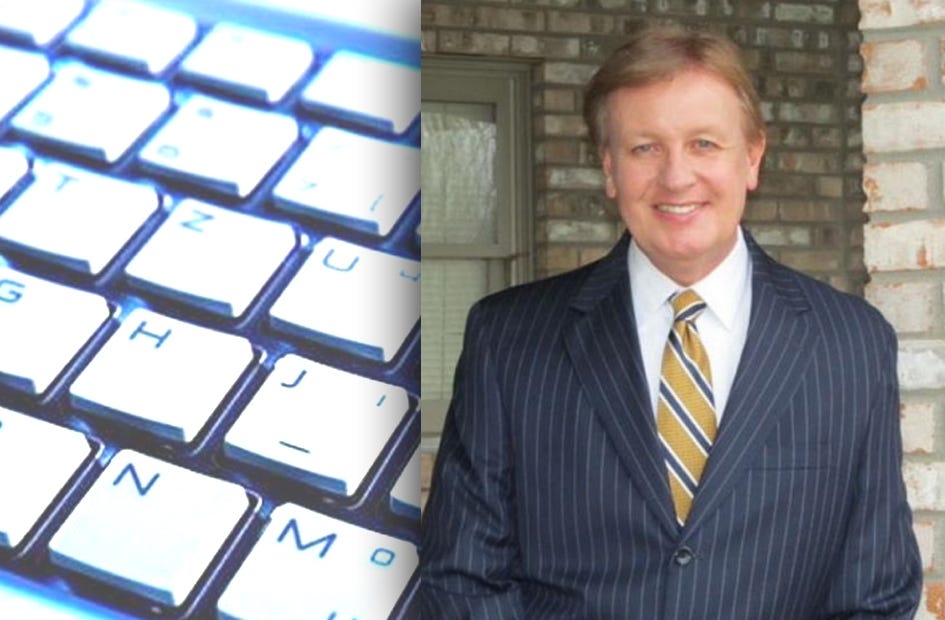
I've assured my wife that I will do everything to save and preserve her life should she ever be in a life and death scenario.
Should she ever be in a hospital hooked up to wires and on the verge of death, doctors and nurses do not have permission to start pulling plugs and rushing hospice into the room.
She has assured me the same support.
We realize that death will come to both of us and neither of us wants to linger in a vegetative state. Of course, we don't know what the scenario will be and no one does. We do believe we deserve every chance to pull through if it's possible.
In 2002, a doctor said this concerning the illness of my first wife: "She has fought a hard battle; we can let her go. Or, we can try to do everything we can to extend her life."
I opted for the latter.
They actually extended her life at least a couple of weeks and she had numerous good visits with her family and two adoring sons. I know we tried everything available to us to extend and save her life. Yet, I will never be free from the disappointment and pain that came from, knowing we could not cure her illness and save her.
My wife's grandfather was about to be released from the hospital and seemed to be feeling great. They decided to keep him and, soon, it seemed they pulled hospice in and he was dead in a couple of days.
Please don't hear me speaking against hospice. I know they do a wonderful job in many scenarios. Frequently, however, they appear to be called in too prematurely.
It seems to me that doctors, hospital staffers and nursing home staffers get tired of some people and help them exit life. I realize you may yell that I'm wrong but I'm entitled to my opinion. Medical insurance doesn't pay forever, nor does it cover any and every kind of treatment and option to extend life.
When the medical insurance company shakes its head "no" to further treatments, then what happens? Is this when life really ends?
I have eulogized over 400 funerals. I've made thousands of hospital and nursing home visits. So many times, I have witnessed exhausted families and tired, overworked and underpaid intensive care staffers caring for a patient who required painstaking treatment and attention.
It was at these moments that it seemed I would hear, "We have tried and done all we can do." Next would be the onslaught of morphine shots that were supposedly for pain but, in reality, they were the death nail to the helpless person who was being exited from life.
I don't think you or any of us want to be held in this world helplessly tied to a ventilator and multiple devices.
On the other hand, I don't think any of us would mind being plugged up a while if in a couple of weeks we might rouse up and be able to spend a few more months or weeks with our family, eating ice cream or even watching “Wheel of Fortune.”
This is all difficult stuff and I have dear family and friends very involved in the medical profession. I'm not pointing fingers at you. I'm pointing fingers at all of us.
Fight for your loved ones and friends. Value, sustain and protect life as long as you can.
An old friend of mine died when she was about 90 years old. She lived alone. She didn't have much but she was faithful in the church and stayed busy.
She was so fortunate in that she was never in the hospital for any length of time. Nobody had talked to her in a couple of days, and a friend decided she had better go see her.
She was dead.
She was sitting in her chair, the television was playing and she was surrounded by books and newspapers.
She had passed on in the surroundings that were enjoyable and familiar to her.
I hope we can all be so fortunate.
Glenn Mollette is an American syndicated columnist and author.
"When the medical insurance company shakes its head 'no' to further treatments, then what happens? Is this when life really ends?"

This article originally appeared on Crestview News Bulletin: The case to preserve life a little longer
